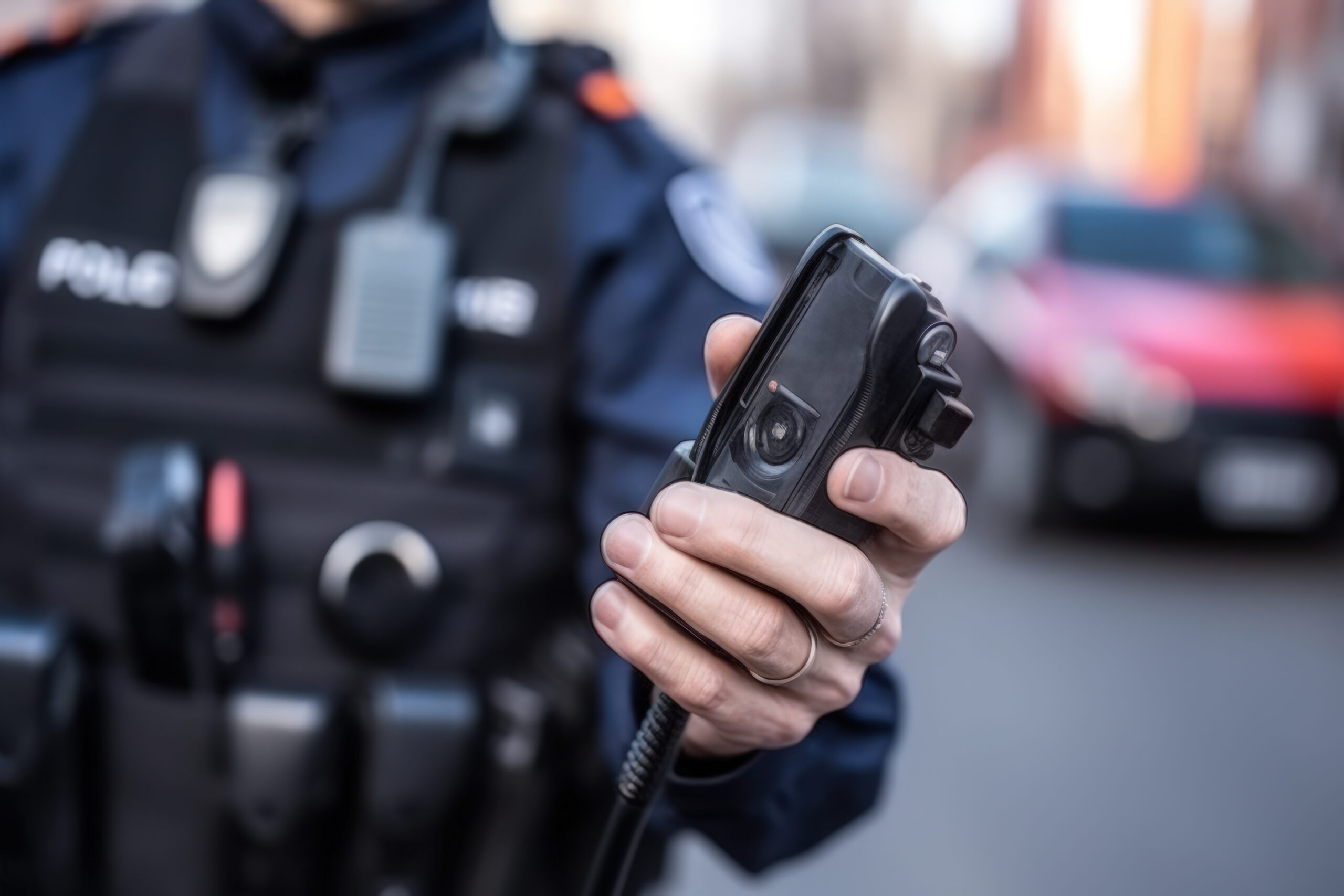
Body-worn cameras are now a standard part of law enforcement in Cincinnati. While originally introduced to improve transparency and reduce excessive force complaints, these devices are also critical tools in criminal defense cases. If you were arrested or involved in a police encounter, body camera footage could play a crucial role in the outcome of your case.
Cincinnati Police Department Body Camera Rollout
In 2016, the Cincinnati Police Department began implementing body-worn cameras, which were phased in. Starting in the Central Business District, officers were gradually equipped over several months. By the end of that year, more than 700 cameras had been distributed. The rollout was supported by a $600,000 federal grant and was part of a national trend to increase police accountability.
When Officers Must Record
According to the City of Cincinnati’s policy, officers are required to activate their body cameras during most law enforcement-related encounters, including:
- Responding to service calls
- Traffic stops and foot pursuits
- Arrests and searches
- Assisting other officers
- Canine deployments
Officers are not required to stop or start recording at a citizen’s request, and they do not have to inform civilians that they are being recorded. The policy states that officers should activate the camera whenever they believe an event may have evidentiary value.
Recording Restrictions
There are limitations on where and when body cameras can be used. Officers may not record:
- In medical facilities or hospitals
- Confidential informants or undercover officers
- In areas with a reasonable expectation of privacy, unless involved in an active incident
Footage Retention & Public Access
By policy, video footage is stored for at least 90 days. After this period, unless marked for retention due to an internal investigation or evidentiary value, footage may be deleted. Retained videos often include incidents involving:
- Use of force
- Officer-involved shootings
- Citizen complaints
If you or a family member are the subject of footage, your attorney may be able to request access through proper legal channels.
How Cincinnati’s Policy Compares to ACLU Recommendations
The American Civil Liberties Union (ACLU) has published model legislation for police body camera use. Compared to Cincinnati’s current policy, the ACLU model recommends:
- A six-month minimum retention period (vs. 90 days)
- Mandatory notification of civilians when recording begins
- Civilian consent before recording inside private residences or during victim interviews (unless exigent circumstances exist)
These differences highlight the ongoing debate about balancing transparency, privacy, and accountability.
Why Body Camera Footage Matters in Criminal Defense
For those facing criminal charges, police body camera footage can be one of the most powerful pieces of evidence. It can:
- Confirm or contradict officer testimony
- Show whether your rights were violated
- Support motions to suppress evidence
- Reveal use of force or misconduct
However, obtaining and reviewing this footage often requires swift legal action. If not flagged for retention, the footage may be lost within 90 days.
Call a Cincinnati Criminal Defense Lawyer Today
If you were arrested or involved in a police encounter, it’s essential to work with a defense lawyer who knows how to secure and use police body cam footage effectively. Brad Groene and the team at Luftman, Heck & Associates have extensive experience defending clients across Hamilton County.
Call Brad Groene at (513) 338-1890 to schedule an appointment today.

